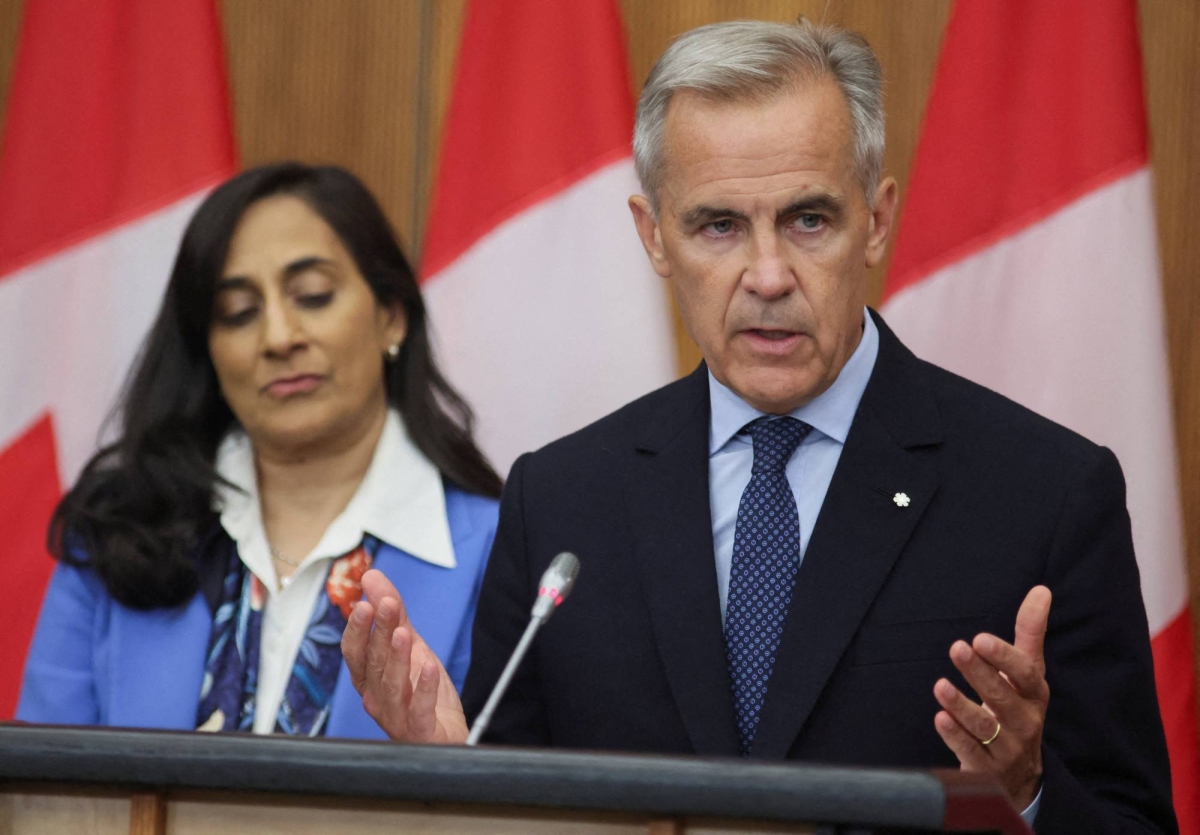By Carlos Taylhardat | September 21, 2025
Introduction: A Historic Shift
On September 21, 2025, Canada officially recognized the State of Palestine. The announcement, made in Ottawa, aligned Canada with over 140 countries that already extend recognition. It marked a break with decades of cautious diplomacy and positioned Canada squarely in the middle of one of the world’s most polarizing debates.
Supporters hailed it as moral courage. Critics called it reckless. And with Washington already reacting, Canada’s choice could ripple far beyond the Middle East.
Narrative One: Supporters See a Moral Duty
For advocates, the move was overdue. They argue recognition restores Canada’s credibility as a defender of human rights and international law.
“Palestinians have waited generations for dignity, sovereignty, and recognition,”
said one MP who supported the measure. Activists celebrated outside Parliament, waving flags and chanting “Justice for Palestine.”
Supporters point out that the two-state solution has been Canada’s stated policy for decades. “Recognition is not radical—it is simply aligning our words with our deeds,” said a former Canadian diplomat.
In this telling, Canada is stepping into history, finally giving voice to a people long denied their own. For many, it was framed not as politics, but as principle.
Narrative Two: Critics Warn of Betrayal
Critics see it very differently. To them, Ottawa’s decision was not moral courage but a dangerous rupture with allies. Most of all, the United States, the Trump-led administration.
U.S. President Donald Trump wasted no time responding. Speaking at a rally in Florida, he declared,
“If Canada wants to break from us on Israel, then Canada can live with the consequences. We will be looking very seriously at sanctions. Believe me, we will not forget.”
The warning landed like a thunderclap. Canada’s economy depends heavily on U.S. trade. Could Ottawa’s recognition of Palestine endanger that relationship? Would sanctions bite, or was Trump’s threat mere bluster?
The warning landed like a thunderclap. Roughly three out of every four dollars of Canadian exports — nearly 76% — go to the U.S.. Sanctions, even symbolic ones, could cut into the backbone of Canada’s economy. Could Ottawa’s recognition of Palestine endanger that lifeline? Or was Trump’s threat mere bluster?
At home, Jewish organizations expressed shock. One advocacy group called it “a betrayal of Israel and a betrayal of Canadian values.” The Conservative opposition accused the government of “choosing symbolism over security, and politics over peace.”
South of the border, even outside Trump’s base, there was unease. A Washington think tank analyst remarked, “This isn’t just about Palestine. It’s about whether Canada is still aligned with U.S. foreign policy priorities — or charting a separate path.”
The questions multiply:
- Can Canada afford to defy Washington on an issue as sensitive as Israel?
- Will U.S.–Canada friendship bend under pressure, or break?
- And does recognition without negotiations make peace more distant, not closer?
- About 75.9% of Canada’s domestic exports (goods) are destined for the United States. Statistics Canada
For critics, the decision risks undoing decades of careful diplomacy. They argue it may isolate Canada, strain North American unity, and leave the Middle East no closer to peace.
Narrative Three: The Silent Story
Beneath the headlines, another truth lingers. Recognition changes little on the ground. In Gaza and the West Bank, daily life remains shaped by checkpoints, blockades, and economic hardship. For Israelis, the fear of rockets and violence remains unchanged.
Canada’s recognition may matter symbolically, but symbols don’t stop bloodshed. What it does reveal, however, is Canada’s own search for identity: between loyalty to allies, commitment to international law, and a desire to be seen as more than a follower.
So perhaps the deeper question isn’t whether Palestine is recognized, but what Canada wants to be recognized for.
Key Takeaways
- On Sept. 21, 2025, Canada formally recognized the State of Palestine.
- Supporters call it a moral duty and overdue alignment with the two-state solution.
- Critics warn it betrays Israel, strains U.S.–Canada relations, and could trigger sanctions.
- Trump threatened: “Canada can live with the consequences… we will be looking very seriously at sanctions.”
- The silent story: recognition changes little on the ground but reshapes Canada’s image abroad.
Questions This Article Answers
Q: When did Canada recognize Palestine?
A: September 21, 2025.
Q: Why do supporters back the decision?
A: They see it as a moral duty and overdue alignment with stated Canadian policy.
Q: Why do critics oppose it?
A: They argue it betrays Israel, risks U.S. friendship, and undermines peace efforts.
Q: What did Donald Trump say in response?
A: He warned, “If Canada wants to break from us on Israel, then Canada can live with the consequences. We will be looking very seriously at sanctions.”
Q: What is the silent story?
A: Recognition may alter Canada’s image, but not daily realities in Palestine or Israel.
